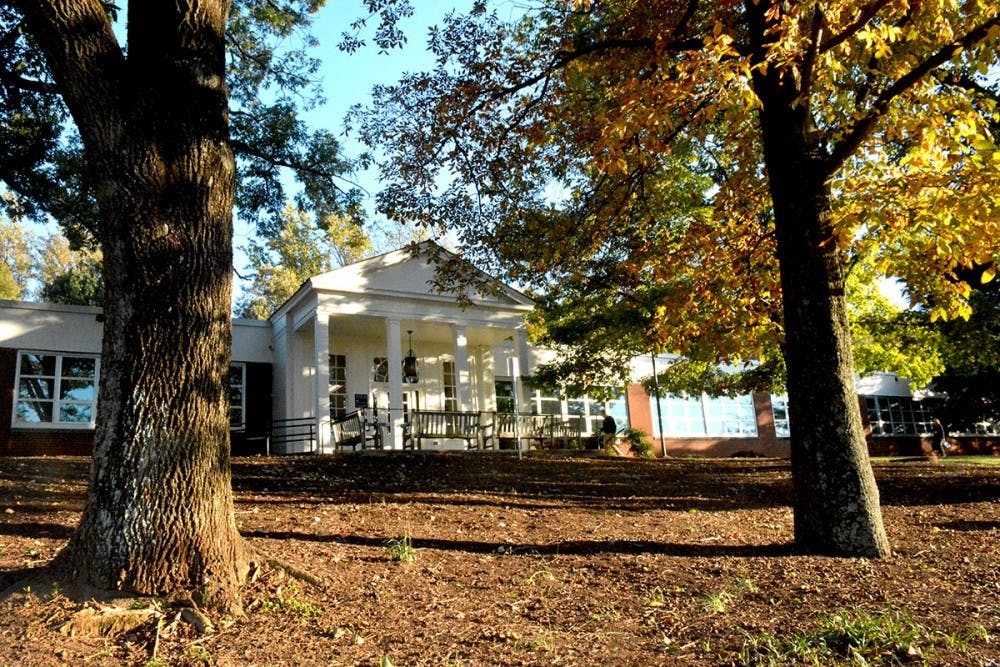The open letter brought forward by Hispanic/Latinx students at the University has sent shockwaves through our community. The issues highlighted in the letter demonstrated how Hispanic/Latinx students experience undue burdens in living out their identities on Grounds. In particular, the students’ request for translated documents showcase the vast dearth in resources for families that do not speak English. Students from multicultural backgrounds should never have to jump through excessive hoops to acquire an education on account of their minority status. Because of this, the University should promptly translate all necessary documents into Spanish, as well as other languages demonstrating a representative need for accessibility purposes.
As the open letter explicitly stated, Hispanic/Latinx students make up 6 percent of the undergraduate student population. While they comprise a minority of the student population, this does not mean that their needs should be overlooked. At the moment, the financial aid office does not acknowledge these students’ particular needs, as crucial financial aid documents remain available in only English.
The University’s English-only documents create significant barriers for students from multicultural backgrounds that often do not speak English at home. When it comes to securing financial aid for college, non-English speaking prospective students and their parents face an overly burdensome challenge in understanding and filling out these documents to receive the maximum amount of aid. This requires students and their parents to work together to fill out the information, with parents providing intimate financial information on the forms. Many students from Hispanic/Latinx communities have had to go through this process alone, leaving room for potential errors on the forms that can lead to missed aid opportunities. This is unacceptable.
The core of the problem stems from the University’s lack of human resources to service the Hispanic/Latinx community. At the current moment, Student Financial Services has zero staffers proficient in any languages other than English. With that in mind, it is unsurprising that Student Financial Services has not made progress in language accessibility. The University’s institutional blind spots perpetuate students’ negative perceptions of the University’s effort to meet the needs of minority populations. The administration should heed the advice of the Latinx Student Alliance and other student groups and hire professionals to translate these documents — no longer should the responsibility rest on the student to meditate language differences in order to acquire an education.
When the University disservices one community, it stains the entire mission statement of the Community of Trust — the effort students put into making the University a place of diversity and excellence should be reciprocated by the University’s efforts to be accessible. The barriers to aid can have long lasting consequences for non-English speaking families from unnecessary loans leading to years of more debt to realizations that the University is designed for the majority at the expense of the minority. As the LSA and its supporters powerfully claim, the University is #OursToShape. It’s time we shape the University to include all of us and stop the erasure of minority communities.
The Cavalier Daily Editorial Board is composed of the executive editor, the editor in chief and three at-large members of the paper. The board can be reached at eb@cavalierdaily.com.







